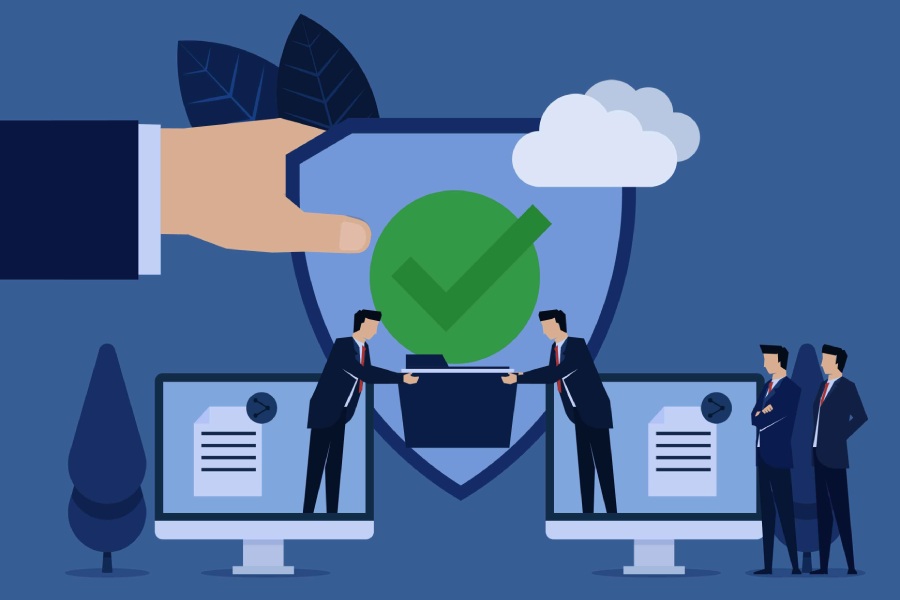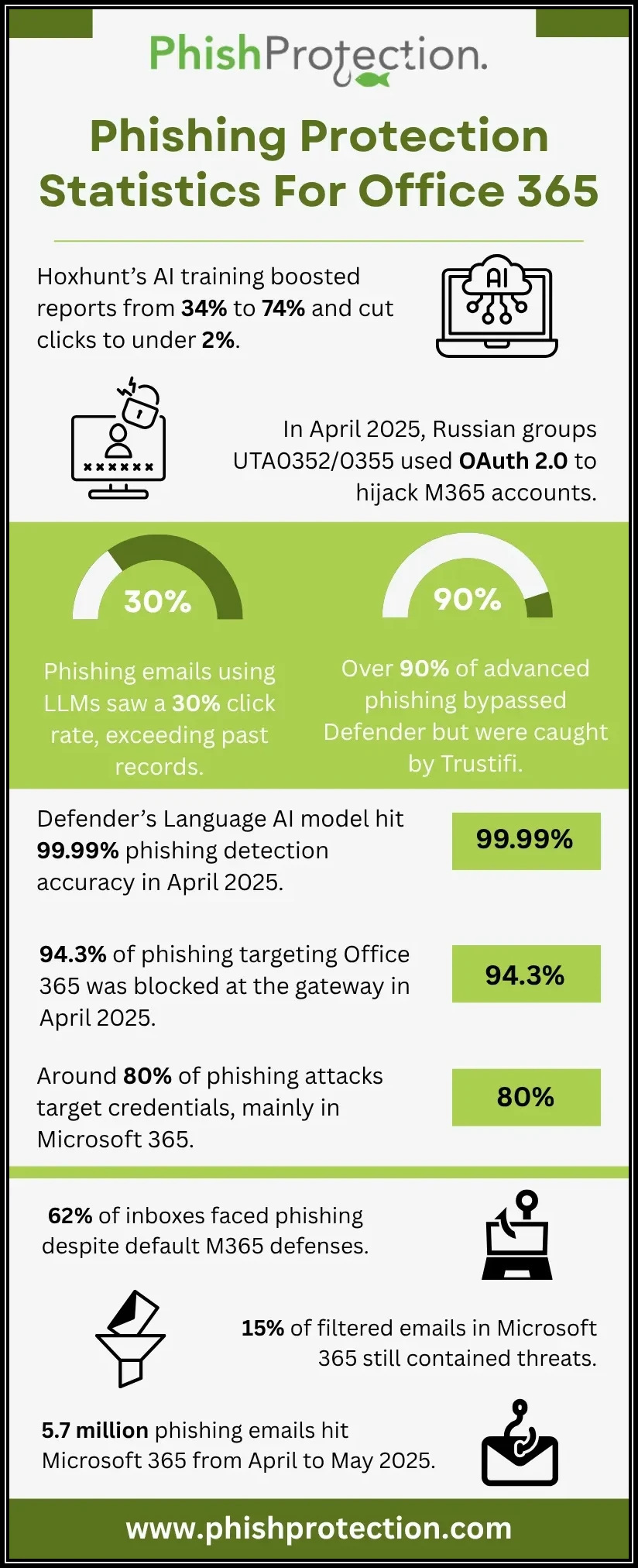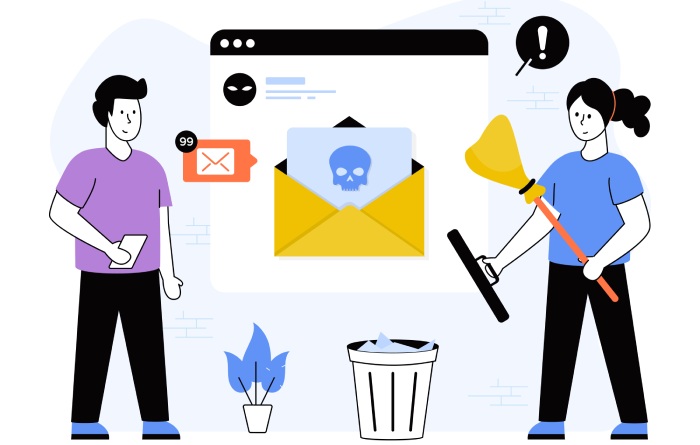Coronavirus has changed our way of doing business, at least for the time being. And of all the changes it has brought about, the greatest impact is the dramatic increase in the number of remote workers.
One of the least discussed consequences of this mass migration to remote work is how the workers, who used to be safely ensconced in the organization’s network, are now left out there on their own. And home networks are rarely as well protected as corporate networks.
Even though many organizations have not yet employed cloud-based phishing protection software, they still have many security features in place including firewalls, antivirus software, spam filters and other endpoint security. Home networks typically have only a fraction of this protection.
What we expect to see from this spike in remote work is a spike in phishing scams targeting remote workers and that’s exactly what is happening. From a CNBC article, “Phishing scams, spam spike as hackers use coronavirus to prey on remote workers.”
The article goes on to say, “More than one-third (36%) of executives on the CNBC Technology Executive Council say that cyberthreats have increased as a majority of their employees work from home, according to a CNBC flash survey conducted this week.”
In other words, the most vulnerable are now under the greatest attack.
These sentiments were reinforced in an article on Help Net Security. “Moreover, remote working can effectively widen an organization’s attack surface. This is because employees who use their own devices for work can introduce new platforms and operating systems that require their own dedicated support and security. With so many devices being used, it’s likely that at least some will fall through the security cracks.”
A complicating factor here is how many companies now use cloud-based email services such as Office 365 from Microsoft and G-Suite from Google. In this scenario, remote workers login to their email account over the internet without ever touching the corporate network. So, they don’t benefit from any of the security features deployed there.
What these companies should do, immediately, is to put in place cloud-based phishing protection software, like that available from Phish Protection, to protect their remote workers. Cloud-based phishing protection software acts like a buffer between the email host server (e.g., Office 365) and email client (on the remote worker’s computer).
With cloud-based phishing protection software, all emails are scanned by the service provider for malicious content BEFORE they ever hit the employee’s inbox. And if a malicious attachment or embedded link is found, the email is quarantined and the employee never sees it. And you can’t get phished from an email you never see.
The best part of cloud-based phishing protection software is how fast, easy and affordable it is.
First, it’s really fast to deploy. On average it takes about 10 minutes. Second, it’s easy to deploy. It works with every email provider and requires nothing from the employees to set up. Finally, cloud-based phishing protection software is really affordable. How affordable? How about pennies per month per employee.
We don’t know how long coronavirus will be with us, but we have a pretty good idea how long hackers will be trying to phish employees: forever. Now is the perfect time to deploy cloud-based phishing protection software with Advanced Threat Defense from Phish Protection. Try it free for 60 days.




